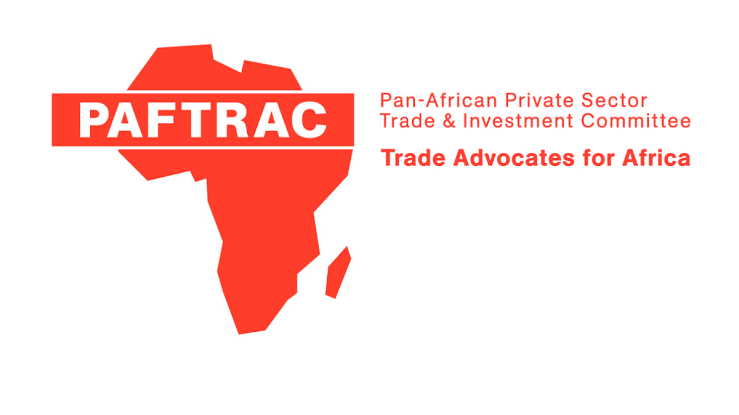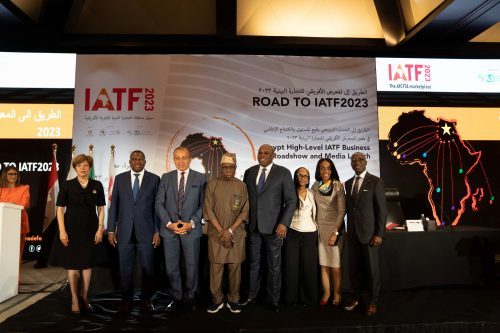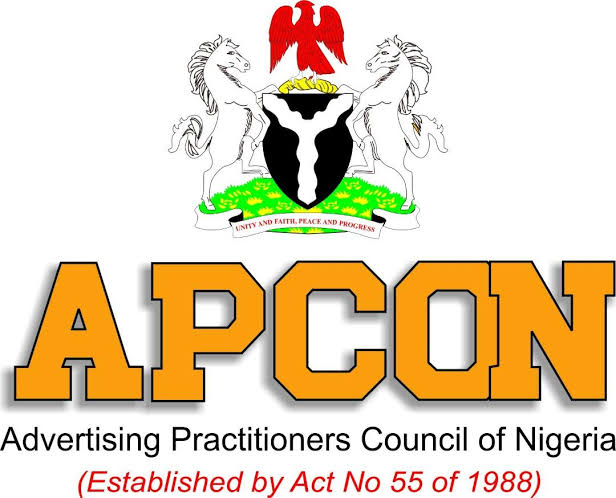Ghana and seven other countries will soon start exchanging goods and services under the African Continental Free Trade Area (AfCFTA).
The move is a part of efforts to industrialize the Continent and make it economically independent as well as diversify and boost exports among African nations through Export Trading Companies (ETCs).
This was said by Mr. Herbert Krapa, Ghana’s Deputy Minister of Commerce and Industry (MoTI), on Monday in Accra at a seminar to educate African nations on the importance of ETCs in facilitating intra-African trade under the AfCFTA.
The African Export-Import Bank (Afreximbank) and MoTI organized the event, which also covered how governments and other organizations funded, controlled, and ran ETCs.
Mr Krapa said: “Actual trading is starting between Cameroon, Egypt, Kenya, Mauritius, Rwanda, Tanzania, Tunisia, and Ghana. In the coming weeks, the dream of our forebears will be off the ground.”
He said the Secretariat had launched the AfCFTA Initiative on Guided Trade to translate all the progress on paper into action to make the continent’s industrial revolution and its ability for self-reliance attainable.
“Trading goods and services from Harare in Bamako or Kigali, or exporting processed cocoa from Accra to the entire northern African region should no longer be a nightmare if we make the appropriate investments into ETCs,” Mr Krapa said.
The Deputy Minister affirmed that ETCs would carry along medium-sized enterprises (SMEs), young entrepreneurs, startups, light manufacturers as well as big industries in the regional value chain.
These value-chain players will be offering export and import services, warehousing, transportation, finance, insurance, risk management and market intelligence, around which the free trade area will thrive.
He, therefore, urged Governments and private sector players to have the correct policy, finance, institutional framework, productive capacity and infrastructure to receive the benefits that AfCFTA provided.
Speaking on the current global economy, the Deputy Minister reechoed the need for Ghana and other African countries to pursue industrialisation and be self-reliant.
“As government institutions, exporters, financing firms, manufacturers, SMEs, and everyone else in the export ecosystem, we should all be energised to set up Ghanaian owned or partnered ETCs both domestically and across Africa. Africa’s industrial revolution must be realised at all costs,” the Deputy Minister said.
According to Dr. Gainmore Zanamwe, Senior Manager of Trade Facilitation at Afreximbank, the absence of market knowledge is hindering the development of ETCs in Africa and making it harder for Member States to understand what other nations are producing and needing.
Despite being ineffectual in many African nations, he claimed that ETCs were essential for the development of smallholder farmers and traders because they allowed for the collection and bulk purchasing of produced items.
Dr. Zanamwe emphasized the advantages of industrialization, saying that it assisted in adding value to produced raw materials to improve revenue and employment creation, and he urged for the creation of an atmosphere that would allow ETCs to flourish in Africa.










